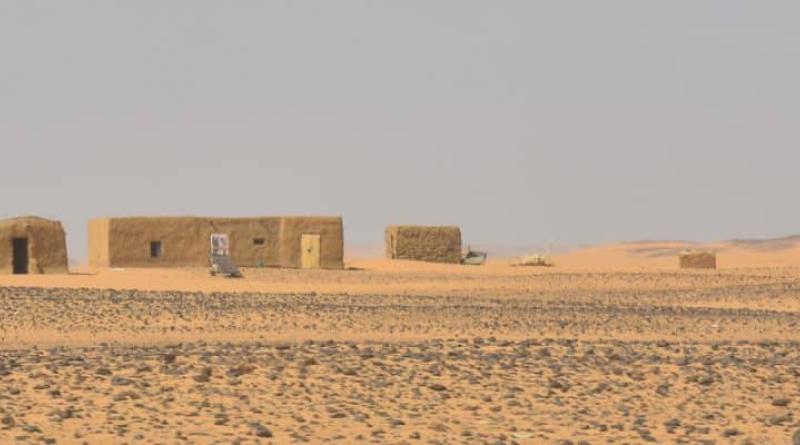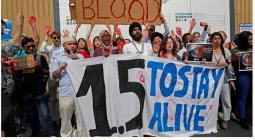CAMEROON: heat kills “50 to 60 people a day in the far north”.

The northern regions of Cameroon are facing a humanitarian crisis due to an extreme heatwave that is causing significant excess mortality. Civil society is warning of the consequences of this phenomenon and calling on the authorities to take urgent action.
Cameroon is facing an alarming situation as an extreme heatwave ravages the north of the country. Major cities such as Maroua and Garoua are particularly hard hit, with between 50 and 60 deaths a day due to record temperatures. In an open letter published on 27 May 2024 in the private daily Le Jour, Abdoulaye Harissou, former President of the Chamber of Notaries of Cameroon, called on the Minister of Public Health, Manaouda Malachie, to condemn the authorities’ silence in the face of this disaster.
Abdoulaye Harissou has denounced the “deafening silence” of local and national authorities in the face of this crisis. “Apart from traditional chiefs and imams, who have given instructions to pray for rain, no authority – governmental, regional or even local – has taken this problem seriously”, he says. He points out that emergency measures should have been put in place, such as the distribution of water by tanker, the mobilisation of emergency services and free healthcare for vulnerable populations.
Alarming figures
In Maroua and Garoua, two major towns in the Far North and North regions respectively, at least 50 to 60 people a day were buried as a result of the heatwave. This catastrophic excess of deaths is the result of an inability to manage the effects of the extreme heat, compounded by chronic problems of access to water and medical care.
René Ramses Meyong, climatologist at the National Observatory on Climate Change (NOCC), points out that this heatwave is exceptional in terms of its intensity, duration and geographical distribution. Record temperatures of 47°C have been recorded in the Far North, while normally cooler regions such as the West and North-West are also experiencing high temperatures.
The consequences of this heatwave go far beyond human health. NOCC is warning of the risks to agriculture and livestock farming. The irregular rainfall and long periods of heat are causing rapid evapotranspiration from the soil, drying out vegetation and increasing the risk of bush fires. Livestock suffer from the lack of water and pasture, while agriculture, which is mainly rain-fed, is particularly vulnerable.
A call for action
This climate crisis highlights the urgency of the situation and the need for a rapid, coordinated response. The Cameroonian government and local authorities are being urged to take immediate action to mitigate the effects of this heatwave and protect vulnerable populations. Abdoulaye Harissou proposes raising awareness, better management of water resources and increased medical assistance.
The current crisis in northern Cameroon is a tragic illustration of the effects of climate change on the most vulnerable communities. Rapid and effective action is essential to prevent further loss of life and secure the livelihoods of the region’s inhabitants.





